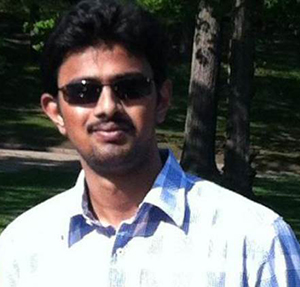Washington, Mar 5: Kansas Governor Sam Brownback has welcomed "valuable" Indian community to the state, stressing that "hateful" actions of one man doesn't define them in the aftermath of the killing of an Indian engineer.
A delegation of Indian-Americans in Kansas along with the Hindu-American Foundation joined the Indian Consul General in Houston, Anupam Ray, in meeting Brownback and Lt Governor Jeff Colyer.
"The hateful actions of one man don't define us - KS welcomes & supports Indian community," Brownback said in a tweet shortly after the meeting last Thursday.
"Unique contributions of the Indian-community make KS a better place. We stand with them in the face of this crime," Colyer said after the meeting.
Indian engineer Srinivas Kuchibhotla, 32, was killed on February 22 when 51-year-old US Navy veteran Adam Purinton opened fire at him and his friend Alok Madasani at a bar before yelling "get out of my country".
The incident, which is being investigated as a hate crime by the Federal Bureau of Investigation, has sent shockwaves among the Indian-Americans across the country.
Members of the community met Brownback seeking his assurance in protection of Indian-Americans in the State.
Brownback gave assurances that the perpetrator in custody, Purinton, currently facing first-degree murder and attempted first degree murder charges, would be prosecuted to "furthest extent of the law".
He further gave commitments that state officials would cooperate with federal authorities officially investigating the incident as a hate crime.
"The meeting with Governor Brownback and Lt Governor Colyer was very fruitful in my opinion," said Sridhar Harohalli, chairman of the Board of Trustees of the Indian Association of Kansas City.
"The delegation got an assurance that this incident will be prosecuted effectively. Governor Brownback's commitment help to get Srinivas' widow Sunayana Dummala back to her home and career in Kansas was also heartening," Harohalli said.
At the meeting, a message sent through a family friend from Sunayana was also read out.






Comments
Add new comment